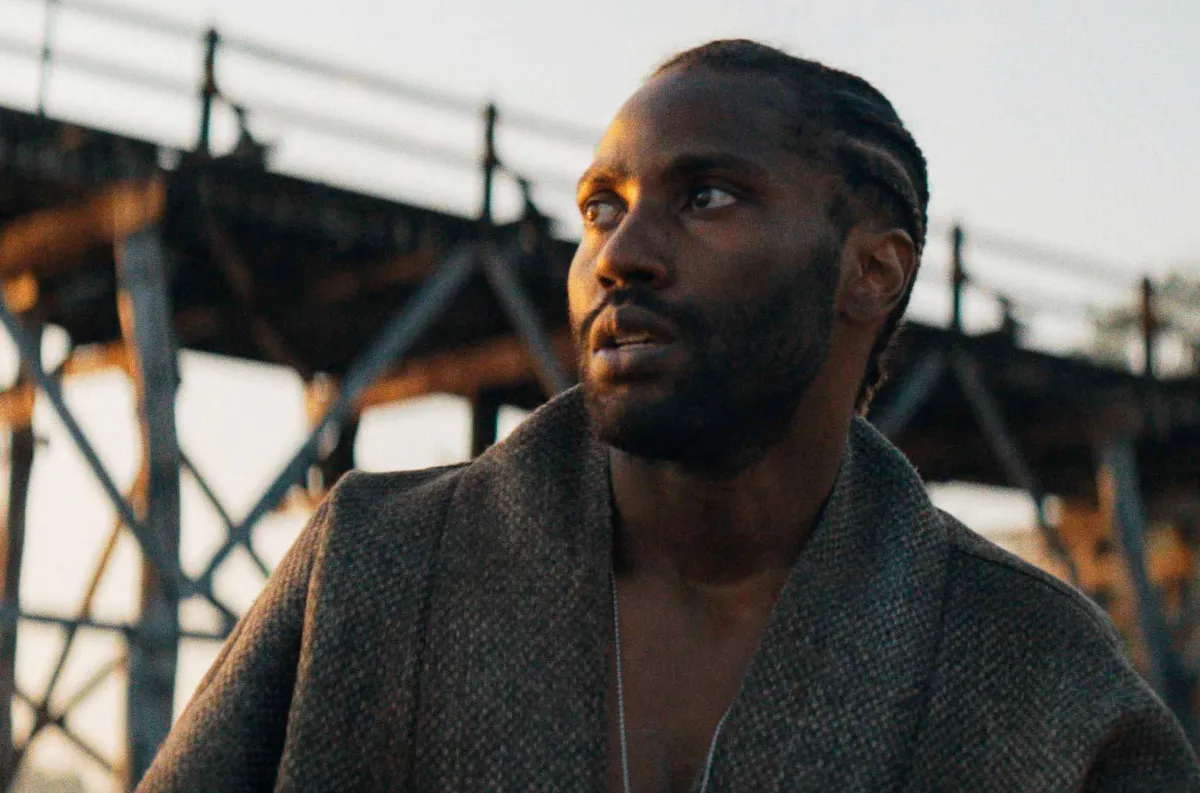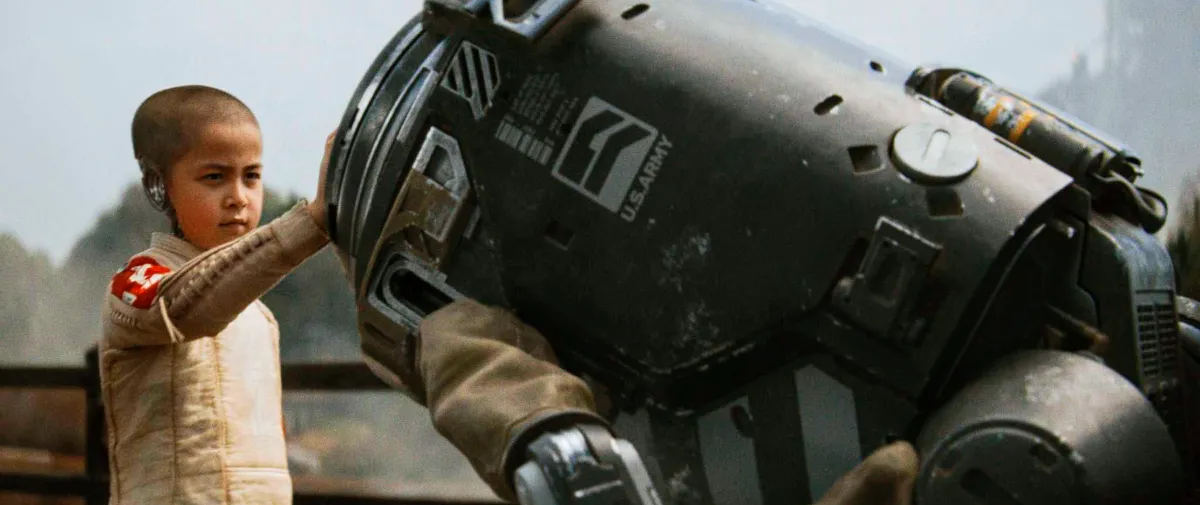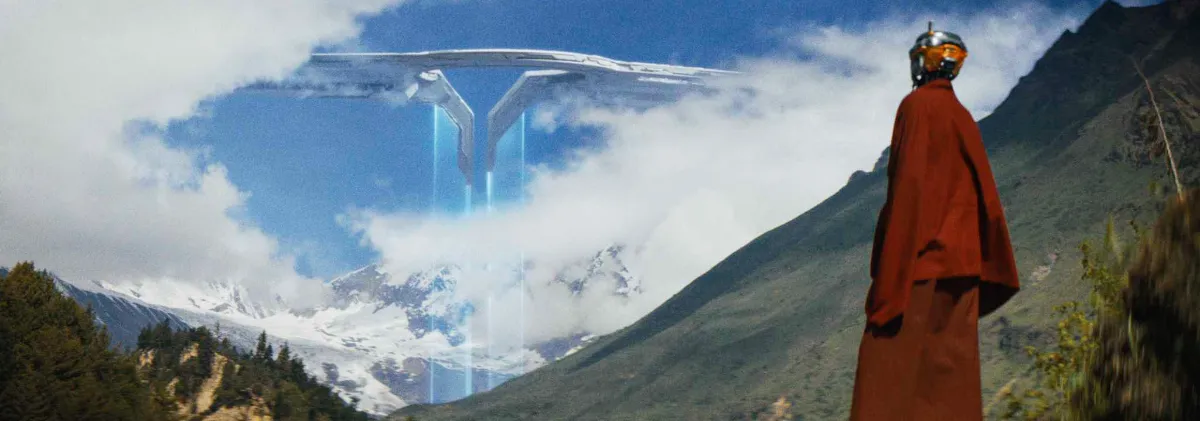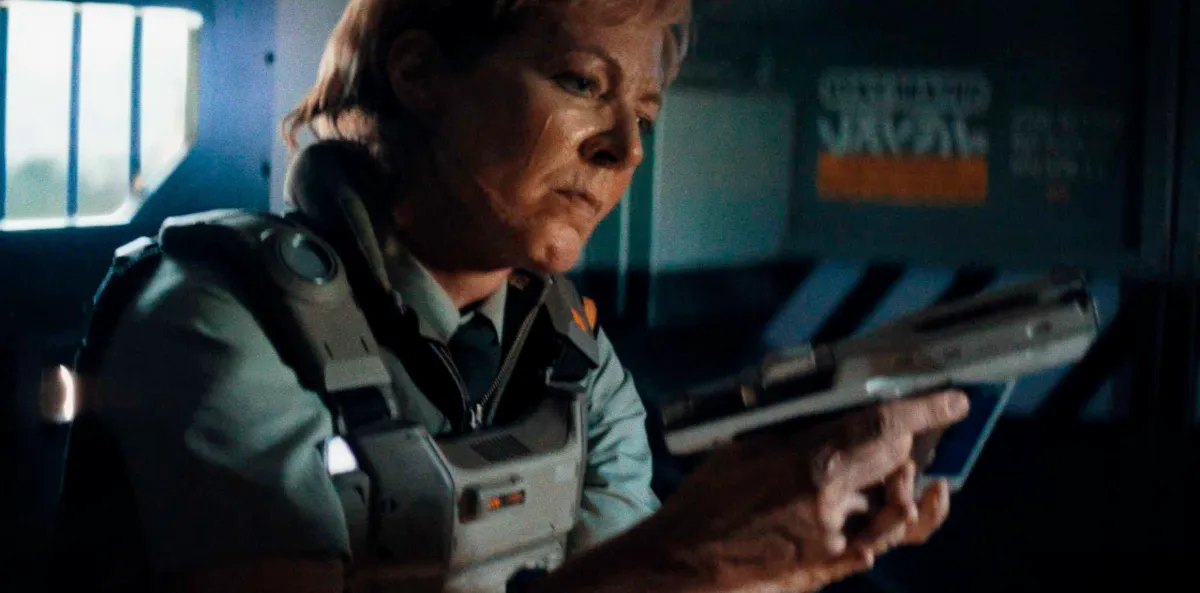
By now, it’s obvious that when it comes to the survival of humanity, Hollywood filmmakers display the instincts of clueless lemmings.
Over the past two decades, the “Planet of the Apes” franchise has seen a resurgence where we’re encouraged to cheer for the apes over humans. The “X-Men” series casts mutants as heroes and humans as villains, and countless superhero films depict entire cities being destroyed — and we’re supposed to be okay with that.
But “The Creator” takes it to a new low. It’s a bizarre mix of absurd sci-fi — with simulants that eat and sleep like humans — and twisted propaganda. If you take it seriously, as it clearly wants you to, the film essentially argues that we should just give in to the robots, even those that kill people, especially if they’re polite or look like children.

Moreover, the film tries to justify this with a flawed core idea: that artificial intelligence, since it’s created by humans, is inherently human. In fact, by that logic, AI might even be seen as a more advanced version of humanity — a perfect blend of human soul, intellect, and mechanical resilience.
If “The Creator” were any more biased or openly supportive of an impending AI takeover, you’d swear it was produced, written, and directed by AI itself.

The movie opens with a stark and unsettling tone, featuring fabricated newsreel footage praising the marvels of AI, abruptly cut by scenes of Los Angeles being devastated by a nuclear bomb triggered by AI. This catastrophe claims a million lives. Considering how deeply Americans were affected by the 3,000 deaths on 9/11, this disaster sparks even greater outrage, leading to a determination to eradicate artificial intelligence from the world.
On the surface, it seems like a simple conflict: humans versus robots. But by 2065, the robots are sheltered and defended by a nation called New Asia. Despite this, a coalition of Western countries led by America is on the verge of victory. The final task remains: to destroy the robots’ last chance—a superweapon that could potentially change the outcome at the eleventh hour.
John David Washington (“Tenet,” “BlacKkKlansman”) stars as Joshua, an American intelligence agent driven by one obsession: the war has torn him apart from his wife, Maya (Gemma Chan), and all he wants is to reunite with her.

The sorrow and yearning are easy to relate to, but director Gareth Edwards (“Rogue One: A Star Wars Story”), who co-wrote the script with Chris Weitz (“About A Boy,” “Rogue One”), leans on this emotion too heavily. It’s understandable for a man to miss his wife, yet the filmmakers use this to excuse him endangering the entire human race. They position him as the hero, but if you take a step back and observe, you’ll see he starts out as a reckless fool and gradually transforms into one of the worst people imaginable.
If “The Creator” has a true hero, it’s Allison Janney playing the pragmatic colonel tasked with locating the superweapon. Janney is always captivating to watch, but this time, the director seems to work against her.

In fact, so is the script, which midway does something unconscionable (something that can’t be revealed here) that breaks faith with the audience by clumsily and arbitrarily changing the terms of the story.
The sleight of hand is audacious. Suffice it to say, Edwards actually wants us to buy his story as a tale of AI liberation. Seriously? You know how creepy it is when Siri starts talking when you haven’t even said anything to her? Imagine Siri sitting at your kitchen table, wanting to kill you.
And yet, viewers may fall for this. On the night I saw the movie, the audience was cheering at the sight of robots killing human soldiers. When you see something like that, it makes you wonder. Maybe the species doesn’t deserve to survive.
